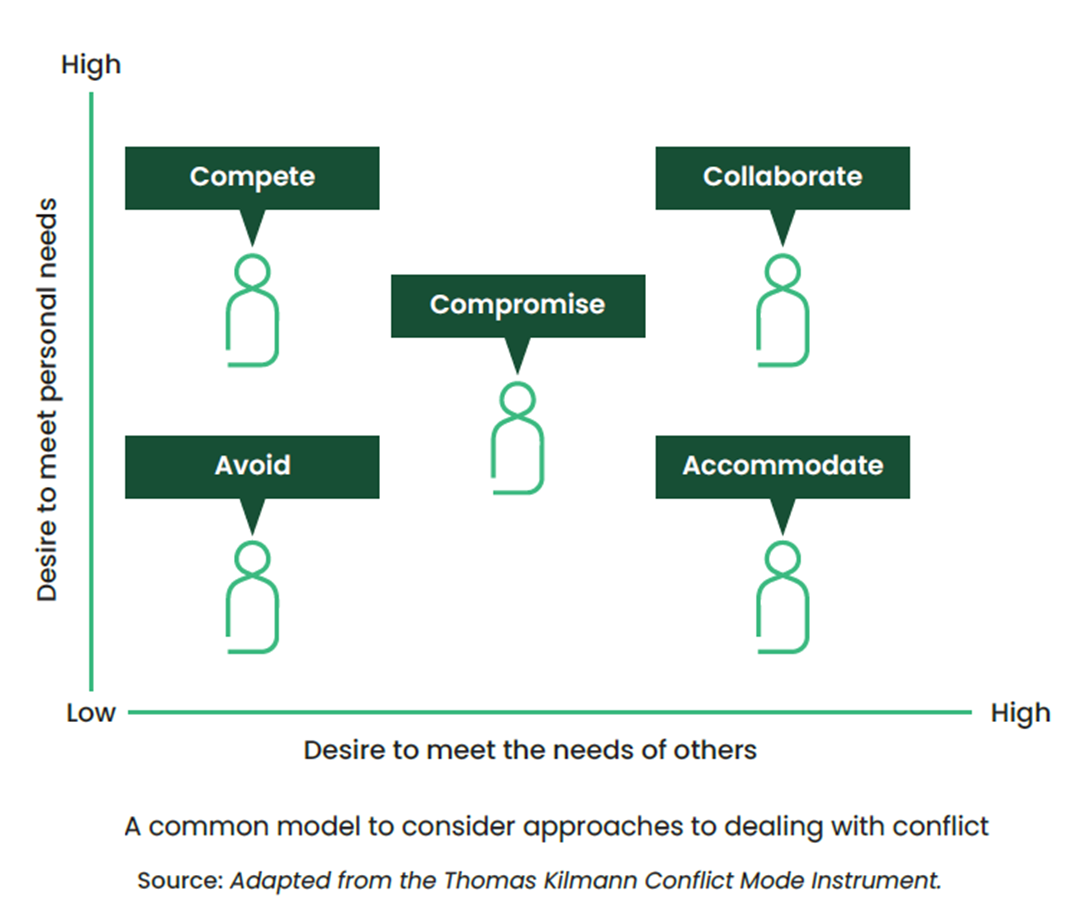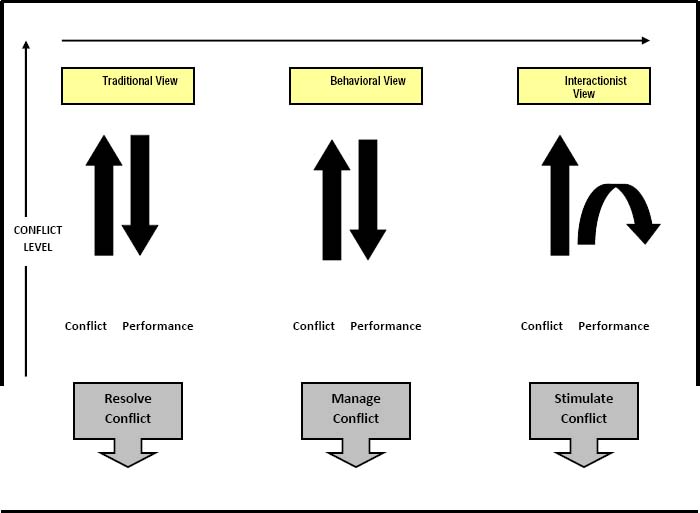Understanding Conflict in Project Management
Conflict is common in project management. People have different ideas and goals. This can lead to disagreements. But conflicts can be resolved. Understanding conflict is the first step. It helps to know why people disagree.
Types of Conflicts in Projects
Conflicts can be about many things. Here are some common types:
- Task Conflict: Disagreement about the work. For example, how to do a task.
- Relationship Conflict: Personal issues between team members. For example, not liking someone’s behavior.
- Process Conflict: Disagreement about how to do the work. For example, the order of tasks.
Why Resolve Conflicts?
Conflicts can harm the project. They can slow down work. They can make team members unhappy. Resolving conflicts is important. It helps the project stay on track. It makes the team work better together.
Steps to Resolve Conflicts
Step 1: Identify The Problem
First, find out what the conflict is about. Talk to the people involved. Listen to their points of view. Make sure you understand the problem.
Step 2: Understand Everyone’s Interests
Next, find out what each person wants. Ask questions like, “Why do you feel this way?” and “What do you hope will happen?” This helps you understand everyone’s interests.
Step 3: Find Common Goals
Look for goals everyone shares. Common goals can help people work together. For example, everyone wants the project to succeed.
Step 4: Brainstorm Solutions
Now, think of ways to solve the conflict. Ask everyone for ideas. Write down all the ideas. Don’t judge the ideas yet. Just write them down.
Step 5: Choose The Best Solution
Look at all the ideas. Choose the one that works best for everyone. Make sure it helps solve the problem.
Step 6: Make A Plan
Make a plan to put the solution into action. Decide who will do what. Set a timeline. Make sure everyone agrees to the plan.
Step 7: Follow Up
Check to see if the plan is working. Ask the people involved if they are happy with the solution. Make changes if needed. Following up is important.
Tips for Preventing Conflict
Here are some tips to help prevent conflicts:
- Communicate Clearly: Make sure everyone understands their tasks.
- Set Clear Goals: Make sure everyone knows the project goals.
- Build Trust: Encourage team members to trust each other.
- Be Fair: Treat everyone equally.
- Encourage Teamwork: Promote working together.

Credit: www.facebook.com
Using Mediation in Conflict Resolution
Sometimes, conflicts are hard to resolve. In such cases, mediation can help. A mediator is a neutral person. They help people talk and find a solution.
Benefits Of Mediation
- Neutral Perspective: Mediators don’t take sides.
- Improves Communication: Mediators help people talk and listen.
- Focuses on Solutions: Mediators help find solutions that work for everyone.

Credit: www.apm.org.uk
Frequently Asked Questions
What Is Conflict Resolution In Project Management?
Conflict resolution involves addressing disagreements to maintain team harmony and project progress.
Why Is Conflict Resolution Important In Project Management?
It ensures smooth collaboration, minimizes delays, and keeps team morale high.
What Are Common Causes Of Conflict In Projects?
Different opinions, unclear roles, and communication issues often lead to conflicts.
How Can Project Managers Identify Conflicts Early?
Regular check-ins and open communication help spot conflicts before they escalate.
Conclusion
Conflict resolution is key in project management. It helps keep the project on track. It makes the team work better together. Follow the steps to resolve conflicts. Use the tips to prevent conflicts. Consider mediation if needed. Lead your team to success!

